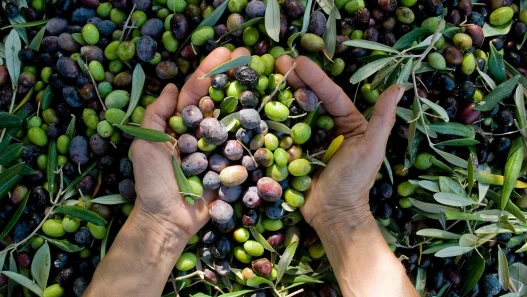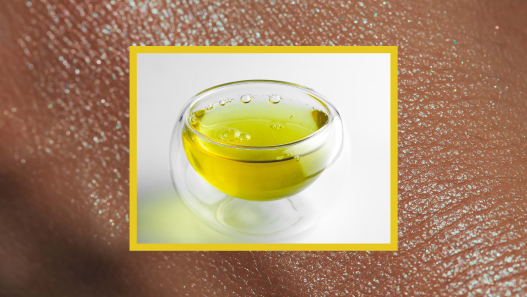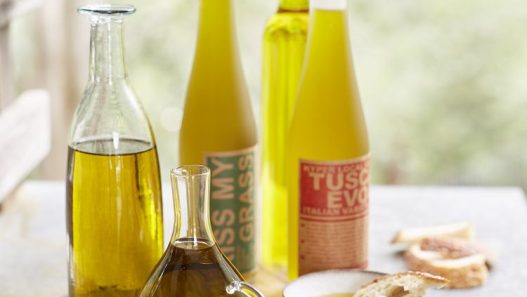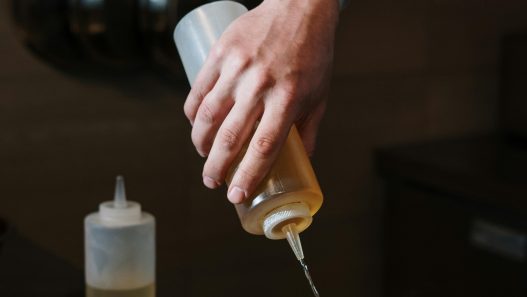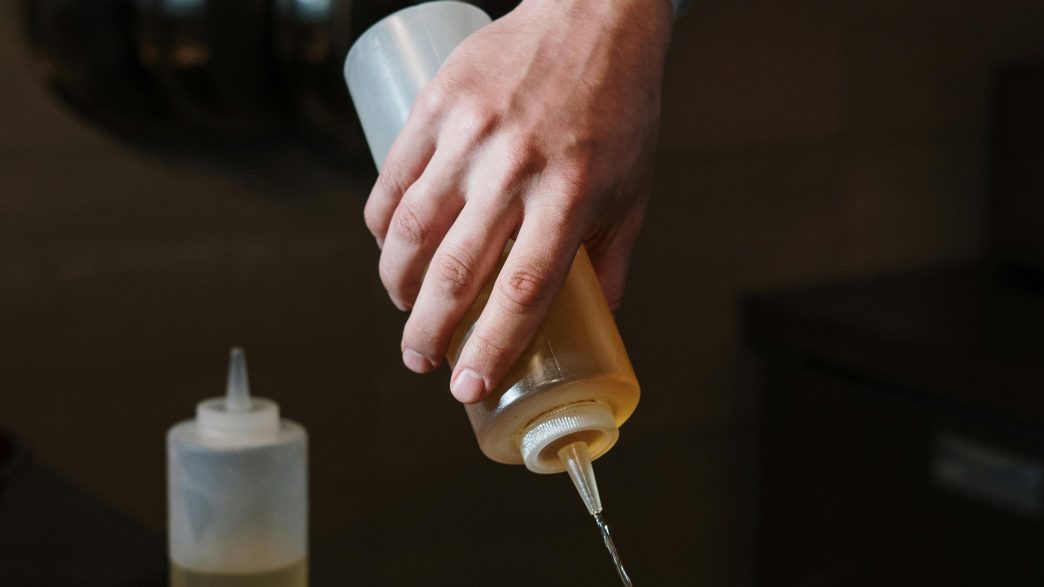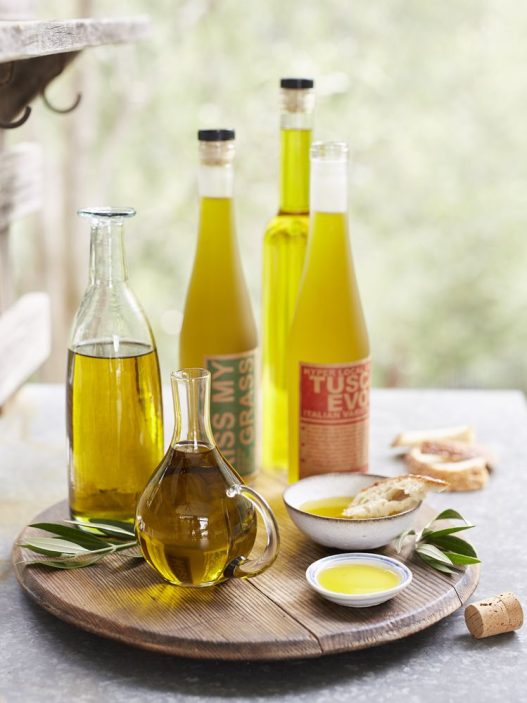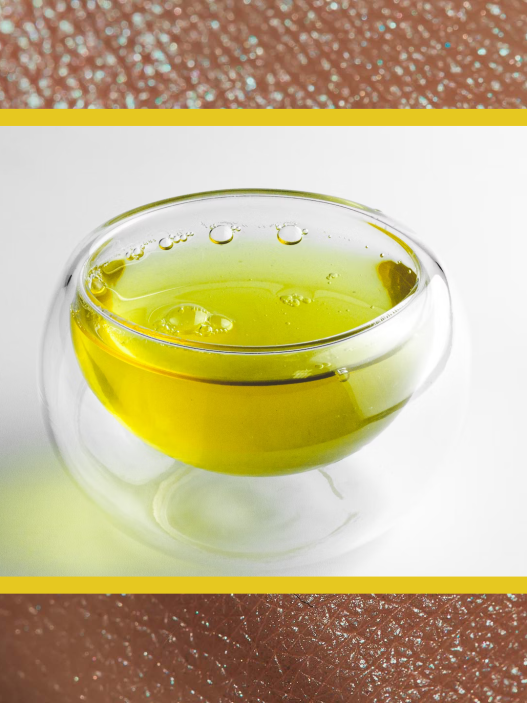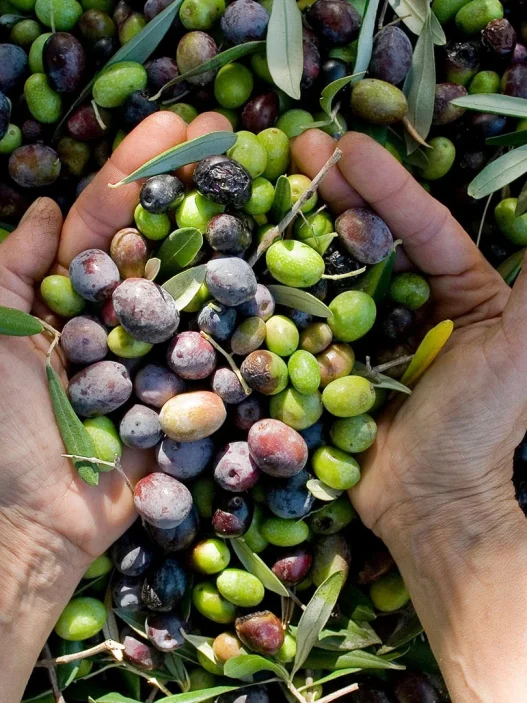A Ritual That Outlived Time
Picture this: you’re sitting in a sunlit courtyard somewhere in southern Europe. On the table, there’s bread still warm from the oven, a plate of olives, and a bottle of golden-green olive oil that catches the light. Someone tears off a piece of bread, dips it generously, and passes it along. No one’s counting tablespoons—this is just life.
Olive oil has always been more than just a fat for cooking. It’s been medicine, ritual, even symbol. But in today’s world, where we measure and optimize everything, the question arises: how much olive oil should we actually be having each day?
What the Mediterranean Can Teach Us
The people of Crete, southern Italy, or coastal Spain don’t usually talk about “dosage.” Yet their diets are rich in olive oil, often two to four tablespoons daily. This isn’t indulgence—it’s tradition. And researchers have long pointed to this habit as a cornerstone of the Mediterranean diet, linked with heart health and impressive longevity (Harvard T.H. Chan School of Public Health).
When Science Weighs In
Of course, modern nutrition science has tried to put numbers to what tradition has always done instinctively:
- A Harvard study found that those who had just over half a tablespoon daily cut their risk of early death by nearly 20%. Replacing butter or margarine with olive oil was even more powerful—risk dropped by up to 34% (Harvard Health Publishing).
- The American Heart Association highlights that olive oil protects the heart and reduces the risk of heart disease and stroke (American Heart Association).
- A review on NIH PubMed Central points out that olive oil’s polyphenols fight inflammation, while its healthy fats improve cholesterol and reduce oxidative stress (PMC Article).
Quality Over Quantity
There’s a temptation to think, if some is good, more must be better. But what really matters is quality. Extra virgin olive oil, with its peppery bite and grassy aroma, carries far more antioxidants than refined versions. Two spoonfuls of the real thing will do more for you than a cup of bland industrial oil.
Simple Ways to Bring It In
You don’t need to overhaul your diet. A few small shifts can make olive oil a daily pleasure:
- Swap butter for olive oil when roasting vegetables.
- Keep a bottle at the table and drizzle over soups, salads, or bread.
- Try it as a breakfast ritual—whole grain bread, a drizzle of EVOO, and maybe a pinch of sea salt.
So, How Much Is Just Right?
Most experts converge around this range:
- Minimum: About ½ tablespoon (7 ml) daily for measurable benefits.
- Optimal: Two to three tablespoons daily, especially when replacing less healthy fats.
- Cultural maximum: In Mediterranean homes, four tablespoons daily is common and still considered healthy (Healthline).
The Takeaway
Olive oil isn’t a supplement—it’s food, culture, and ritual. By enjoying two to three tablespoons of extra virgin olive oil per day, you honor centuries of tradition while benefiting from modern science.
Pour generously, savor slowly, and let it be part of your daily ritual—your body and soul will thank you.




